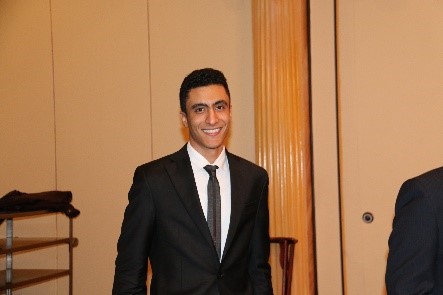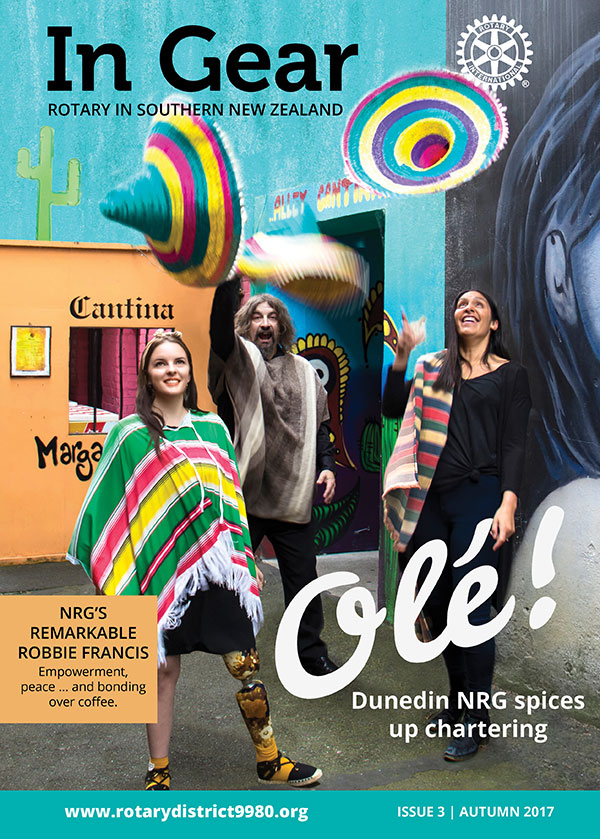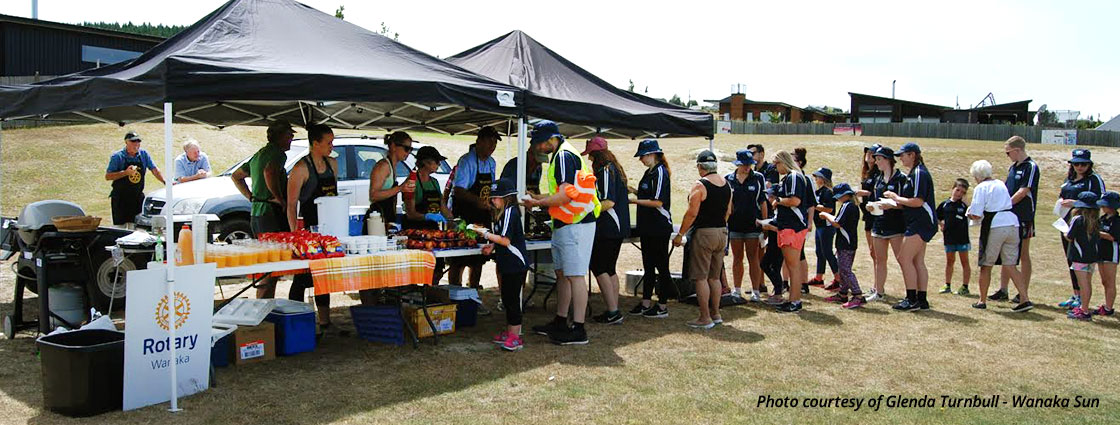 Wanaka Rotary was serving up a smorgasbord of BBQ delights this January to support Camp Quality. Camp Quality manages a week-long camp for children living with cancer.
Wanaka Rotary was serving up a smorgasbord of BBQ delights this January to support Camp Quality. Camp Quality manages a week-long camp for children living with cancer. Wanaka Rotary was serving up a smorgasbord of BBQ delights this January to support Camp Quality. Camp Quality manages a week-long camp for children living with cancer.
Wanaka Rotary was serving up a smorgasbord of BBQ delights this January to support Camp Quality. Camp Quality manages a week-long camp for children living with cancer..jpg) Work is well underway on an innovative $200,000 project that will see a stretch of walkway along Otago Harbour beautified and turned into something of an outdoor gym.
Work is well underway on an innovative $200,000 project that will see a stretch of walkway along Otago Harbour beautified and turned into something of an outdoor gym.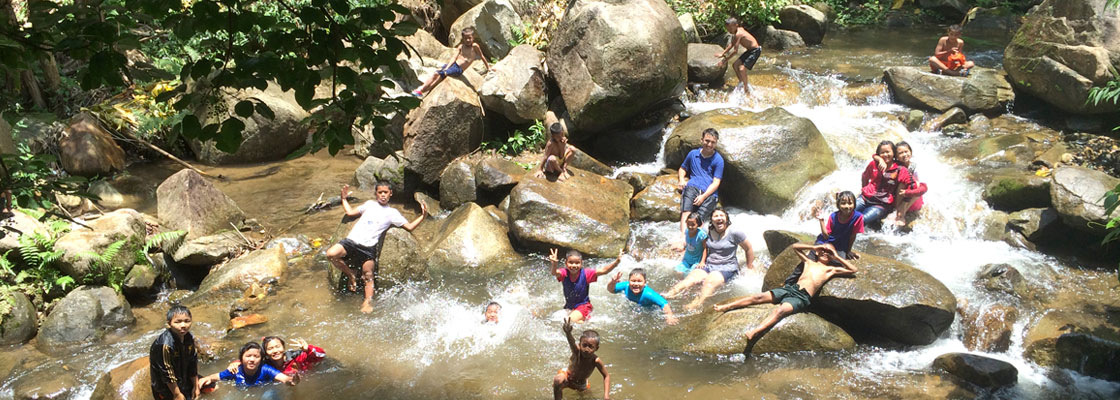 When David Black returned home from finally seeing first-hand the realities of the cause he’d fervently supported from afar for years, just one gentle question from his wife, Alana, broke him.
When David Black returned home from finally seeing first-hand the realities of the cause he’d fervently supported from afar for years, just one gentle question from his wife, Alana, broke him.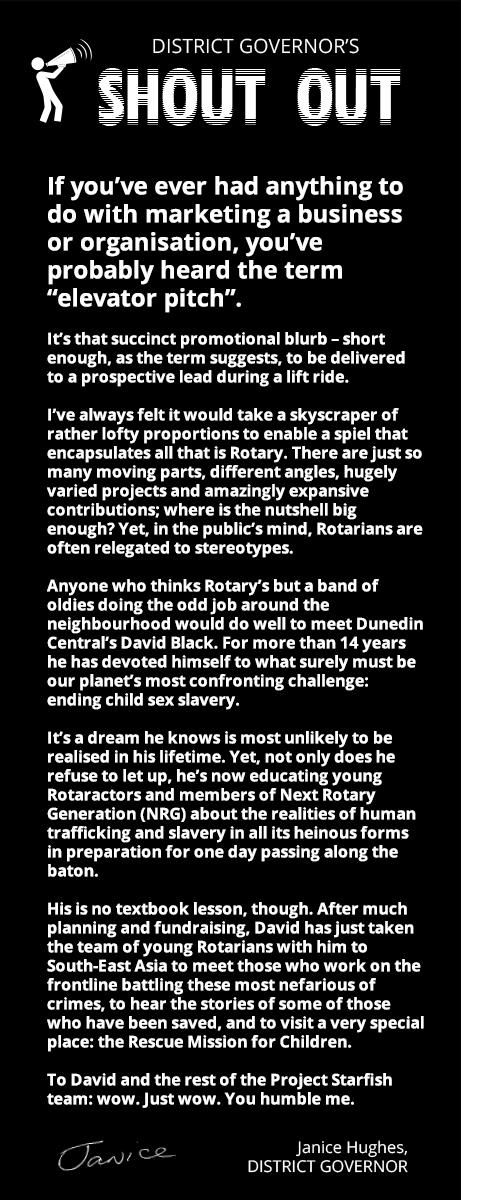
“How was it?” she eventually asked, as they walked into their living room from the airport.
“That was it,” David recalls of that day in 2009. “I just sat on the couch and wept inconsolably. I said: ‘Jeez, we’ve got no idea how lucky we are in this country’.”
The Dunedin Central Rotarian acknowledges he is, if nothing else, a pragmatist. When it comes to building the groundswell of backing, and capturing enough hearts, minds and resources to combat the atrocities at the crux of his crusade, he’s under no illusions: his project is no ‘easy sell’.
“Slavery’s bad enough. It gets worse when you add ‘child’, but put ‘sex’ in the middle of it, and, sometimes, people just don’t want to know.
“I think it’s just so emotional,” he says. “It’s just too uncomfortable, too confronting. So, it’s better for some just to terminate the conversation, rather than get into it too much, because you might actually start feeling something for this cause.”
The scale of human trafficking, and all its terrible tendrils – including child sex slavery – is, for most, incomprehensible. Undeterred, David has committed to memory a slew of shocking statistics that he recites any chance he gets in his never-ending bid to cast light on humanity’s darkest, most depraved depths and the very victims whose plight remains largely hidden.
“The money spent on slavery is estimated to be $US150 billion per year, with the amount attributed to child sex slavery put at around $US100 billion.
“These figures are detailed by non-government organisations like Walk Free and Nvader and are based on known data – remember, though, a lot of this slavery and trafficking is underground to avoid the attention of the authorities.”
To put it into perspective, he cites Rotary’s massive investment in the near-successful eradication of polio.
“In the past 30 years, we’ve spent $US1.4 billion fighting polio. Over that same period, it’s estimated around $US3 trillion’s been spent by paedophiles on child prostitution.
“We’ve immunised two billion kids – which is fantastic, and I hate to use the polio analogy, but, in the same period of time, over that 30 years, there have been more than 368 billion child rapes committed. That’s based on what we know about the number of kids involved in prostitution – about 4.5 million across the world at any given time. That’s just the known ones.
“And, the stats tell us, there are an estimated 2.2 million new children abducted into child prostitution every year. That’s because the brothels need to keep replenishing their supply. It is, like any other business, a supply and demand industry.”
Confronted with such excruciating and unfathomable numbers, there are those who openly question the point and highlight the seeming futility of it all. Undeterred, David refers them to the eponymous parable that, philosophically, guides his project – and helps keep him sane.
.jpg)
IN the wake of a massive, violent storm, a young man takes a walk along a beach early the next morning.
As he makes his way along the coastline, he notices a figure in the distance reaching down periodically, and casting his arm out toward the waves.
.jpg)
As the figure draws closer, he realises it’s an elderly man.
They meet and exchange pleasantries.
“That was a very big storm last night,” the older man notes.
“Yes, it was quite fantastic. I could hear the surf pounding,” the young man replies, before querying what’s drawn the older man to the beach at such an early hour.
“Ah, all of these starfish have been washed above the high-tide mark,” the older man explains, “I’m just throwing them back in the ocean; otherwise, they’ll die. We need to save them.”
The younger man looks at him, rather incredulously.
“But, there are millions of them. You can’t possibly make a difference.”
To which the elderly gentleman stoops down, scoops up another starfish and throws it into the surf.
“Well,” he says, smiling softly, “I sure made a difference to that one.”
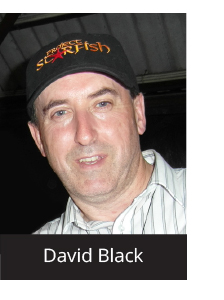 “And that,” says David, “is how Project Starfish was born.
“And that,” says David, “is how Project Starfish was born.“If you thought about the millions and millions of children affected, and the billions and billions of dollars spent on child prostitution all at once, you’d just sit in a corner and rock.
“But if you think of it as everyone can save one child – you can educate them, give them a future – that’s actually quite an achievement,” he says.
“If you do nothing else in your personal life or your work life of substance except save that child from a life of sex slavery they would otherwise have had, then I’d say that’s a very worthwhile achievement.
“I’d be pretty happy turning my toes up knowing I’d made one child’s life sustainable.”
.jpg)
FOR a calling that has consumed more family time and holiday leave than he’d care tot up – and another easy 20 to 30 hours a week when he’s got a new initiative on the go – David’s initial involvement 14 years ago came quite by chance, and started all rather low key.
Invercargill born-and-bred, he’d been raising his young family in Wellington until job restructuring when he moved to Dunedin brought him, serendipitously, into the presence of then-president of the Rotary Club of Dunedin Central Bob Clark.
.jpg) The Rotary Club of Dunedin North has recently completed a very special project designed to provide a sanctuary for women and children who have escaped family violence.
The Rotary Club of Dunedin North has recently completed a very special project designed to provide a sanctuary for women and children who have escaped family violence..jpg) Vanuatu is deemed as the most at-risk country in the world when it comes to vulnerability to natural disasters and its ability to respond and recover from them.
Vanuatu is deemed as the most at-risk country in the world when it comes to vulnerability to natural disasters and its ability to respond and recover from them.Inspired by the efforts of other Rotarians within District 9980, the Rotary Club of Waimate is putting the pedal to metal with a major new multi-sport event – the “Whitehorse Big Easy”.
Our deepest condolences to the family and friends of a cherished Rotarian, Lindsay McIntyre.
 Rotary E-Club of WASH has just chartered, while its meetings are held in cyberspace, its roots are distinctly and terrestrially Kiwi.
Rotary E-Club of WASH has just chartered, while its meetings are held in cyberspace, its roots are distinctly and terrestrially Kiwi. I am a dinosaur. I am a dinosaur in that I am nostalgic for what seems to me to be a golden time. A time when family and communities were united.
I am a dinosaur. I am a dinosaur in that I am nostalgic for what seems to me to be a golden time. A time when family and communities were united. District 9980 and the Club of Waimate are very proud to present the New Zealand Rotary family’s youngest-ever president – 12-year-old South Cantabrian Abi Lapthorn.
District 9980 and the Club of Waimate are very proud to present the New Zealand Rotary family’s youngest-ever president – 12-year-old South Cantabrian Abi Lapthorn. Cyberspace will be a safer place to venture into for thousands of Southlanders thanks to the Rotary Club of Invercargill East and one of New Zealand’s leading internet safety and security experts.
Cyberspace will be a safer place to venture into for thousands of Southlanders thanks to the Rotary Club of Invercargill East and one of New Zealand’s leading internet safety and security experts..jpg) Take one passionate, determined Australasian Vocational Training Team, add backing from District 9980, throw in a Rotary Foundation global grant, and what do you get?
Take one passionate, determined Australasian Vocational Training Team, add backing from District 9980, throw in a Rotary Foundation global grant, and what do you get? Romances were in hot demand and jigsaws were the runaway favourites, but it was a hunter who scored, arguably, the best all-round catch – a $200 deerstalking book for just a couple of bucks.
Romances were in hot demand and jigsaws were the runaway favourites, but it was a hunter who scored, arguably, the best all-round catch – a $200 deerstalking book for just a couple of bucks.Huge congratulations to the Rotary Club of Winton from all of us in District 9980 for the accolades your amazing community work received at the Environment Southland Community Awards.
.jpg) Wanaka-based lawyer Janice Hughes has recently taken the reins of Rotary New Zealand’s southernmost district, and is promising to “sprinkle some more pepper on progress” during her year-long tenure as district governor.
Wanaka-based lawyer Janice Hughes has recently taken the reins of Rotary New Zealand’s southernmost district, and is promising to “sprinkle some more pepper on progress” during her year-long tenure as district governor..jpg) Rotary Club of Cromwell stalwart Stuart Heal is one of two southern Rotarians recognised in the recent Queen’s Birthday Honours.
Rotary Club of Cromwell stalwart Stuart Heal is one of two southern Rotarians recognised in the recent Queen’s Birthday Honours.Stuart, who is currently New Zealand Cricket chair and also served as a Rotary International director from 2010 to 2012, became a Member of the New Zealand Order of Merit for services to the community and cricket.
Meet Sakhr our District's Global Grants Scholar from Yemen who is currently studying at the University of Otago.
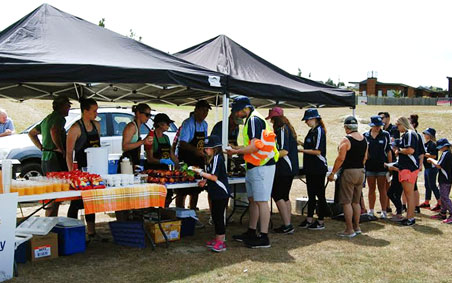
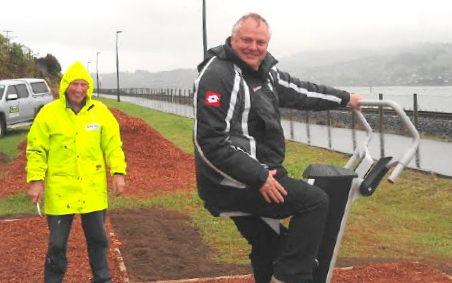
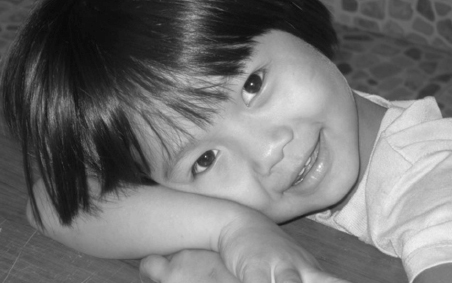
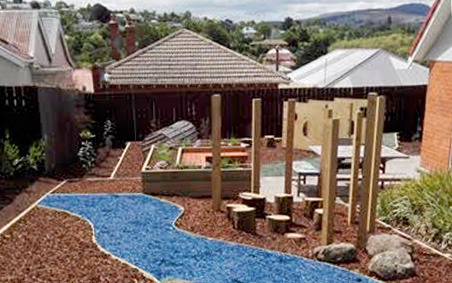
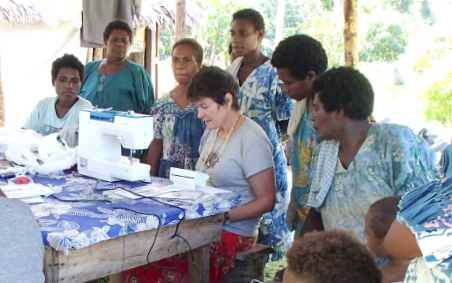

.jpg?_=636413654011109699)
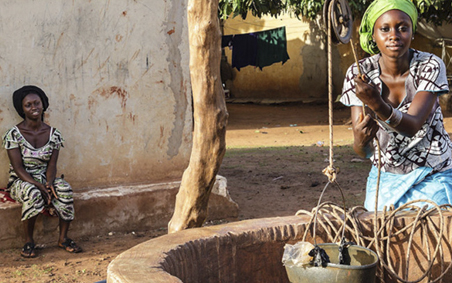
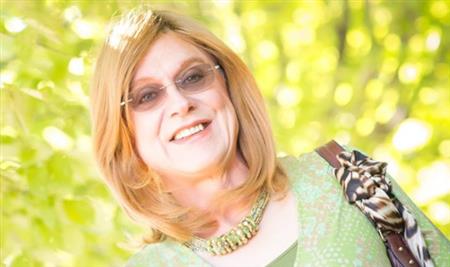
.jpg?_=636413654011109699)

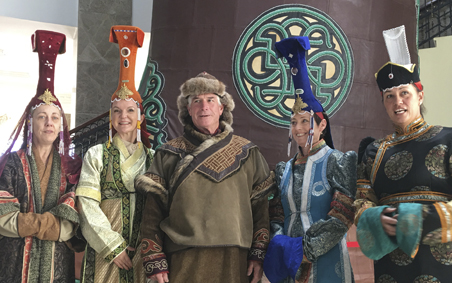

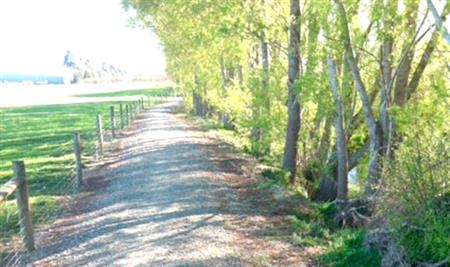
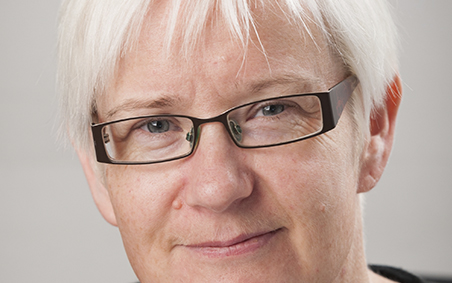
.jpg?_=636413654011109699)
